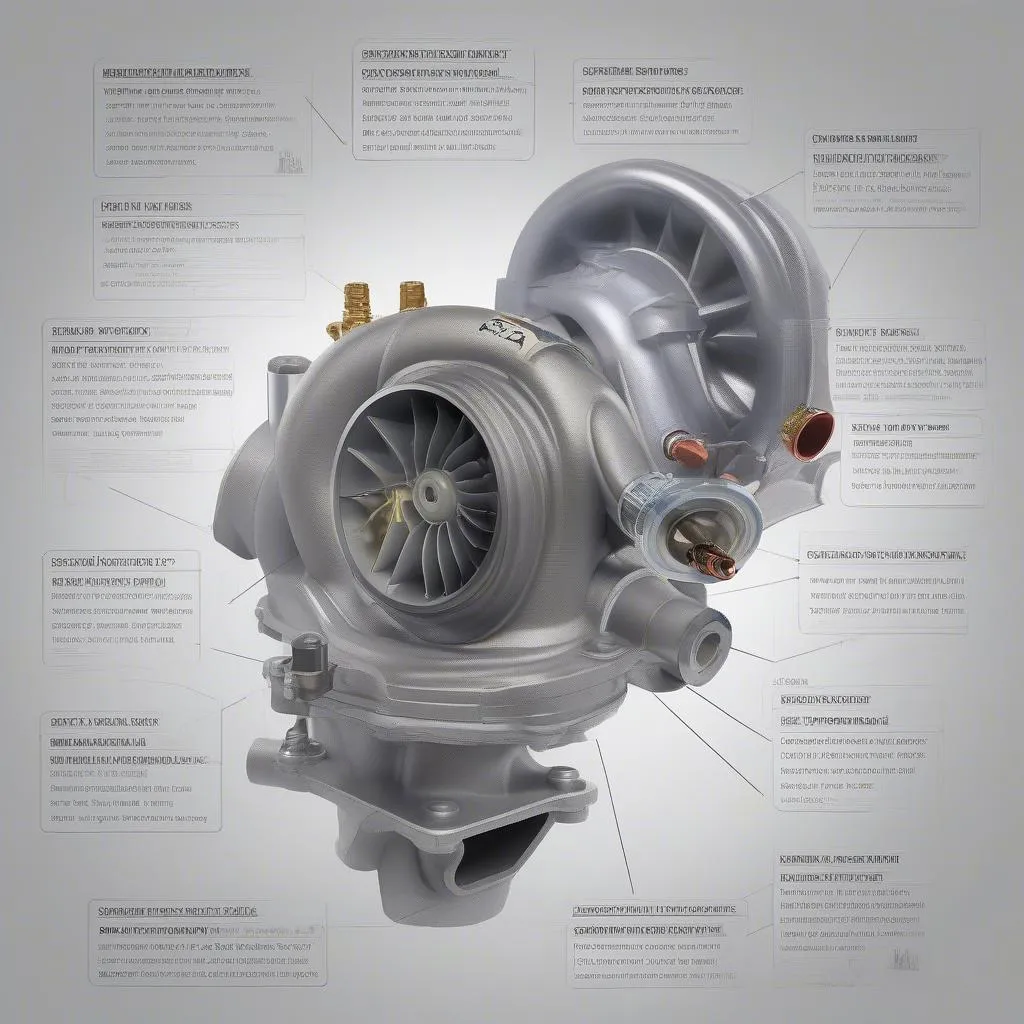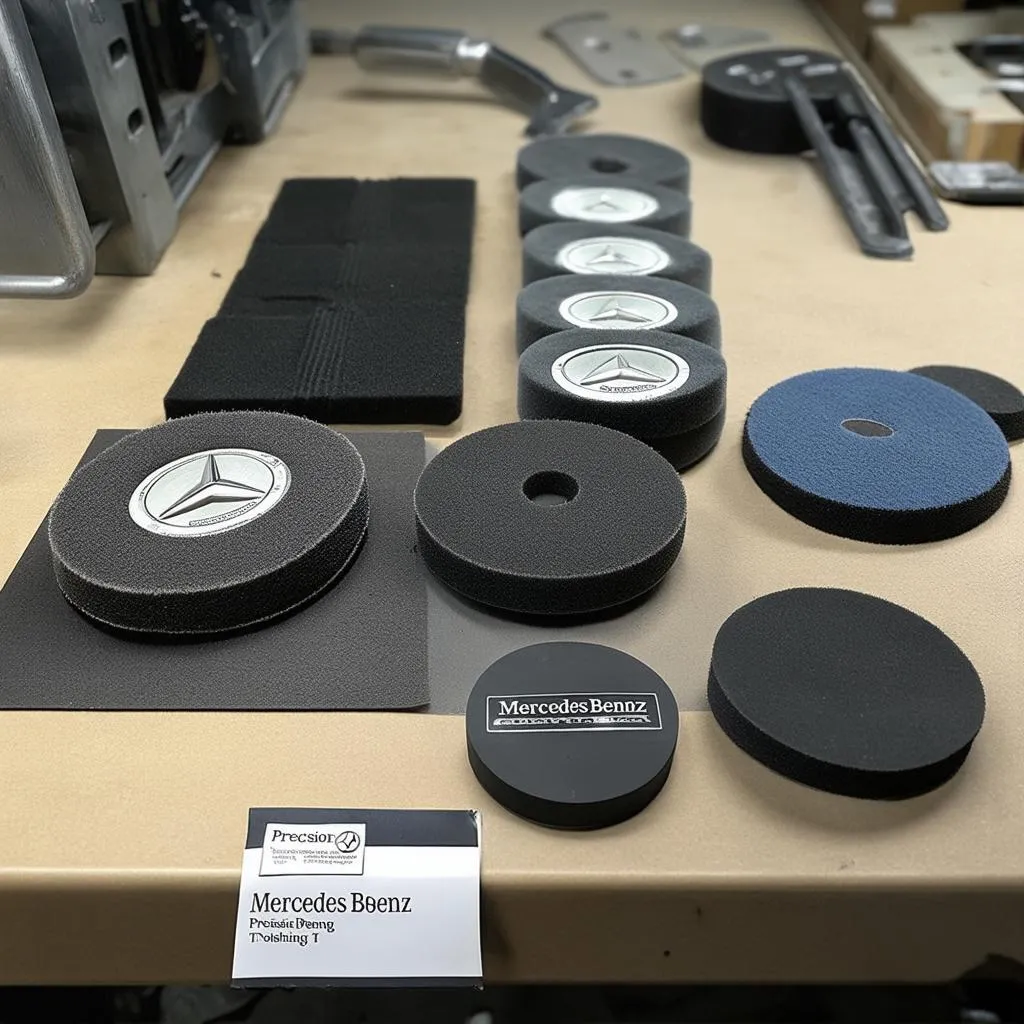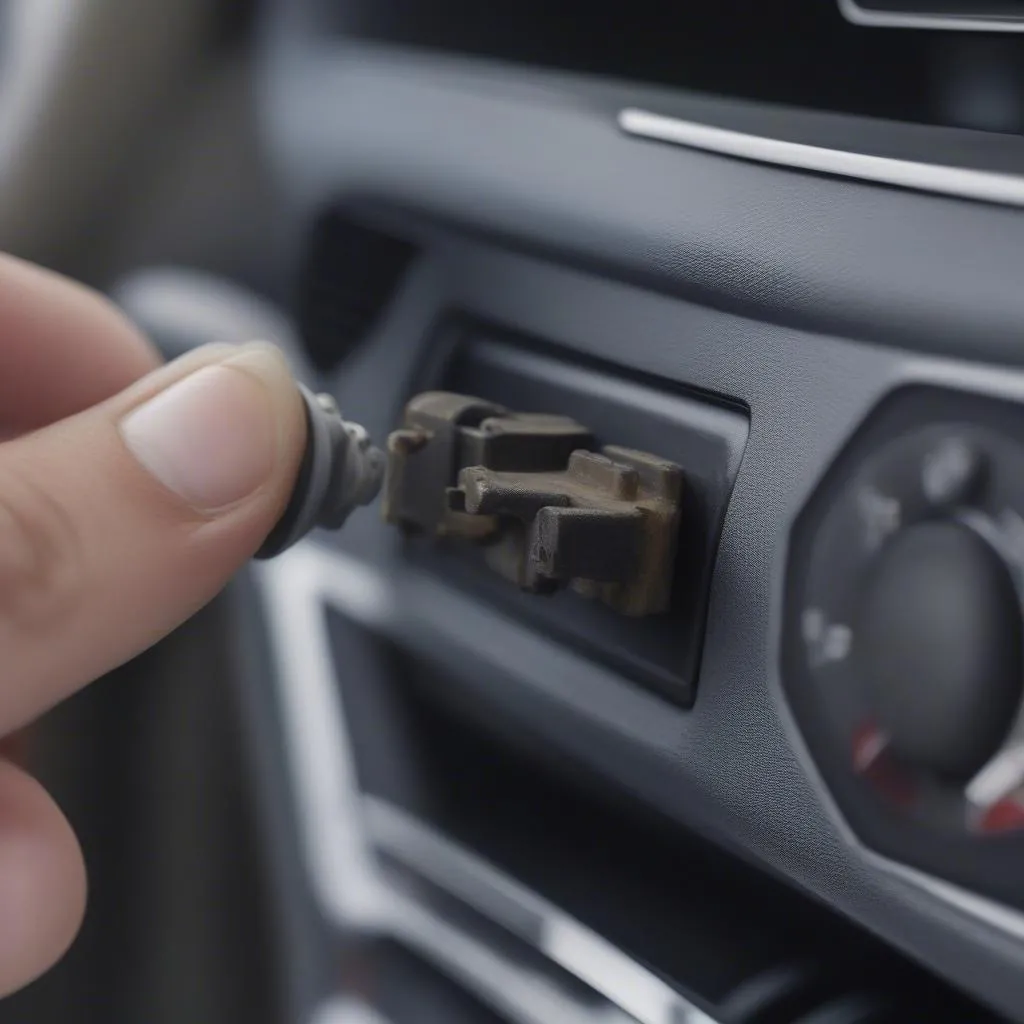Is your 2013 Mercedes C250 suffering from a delayed throttle response, commonly known as turbo lag? You’re not alone. Turbo lag is a common issue reported by some owners of this model, often described as a hesitation in acceleration after pressing the gas pedal. This article will delve into the potential causes of turbo lag in a 2013 Mercedes C250, discuss common symptoms, and outline potential solutions to get your vehicle running smoothly again.
Understanding Turbo Lag in Your C250
Before we dive into fixes, it’s helpful to understand what causes turbo lag. In simple terms, turbochargers use exhaust gases to spin a turbine, which forces more air into the engine, boosting power. This process takes a split second to build up pressure, and that delay is what we experience as turbo lag.
Common Causes of Turbo Lag
Here are some common culprits behind turbo lag in a 2013 Mercedes C250:
- Turbocharger Issues: A worn or malfunctioning turbocharger, including problems with the wastegate or actuator, can contribute to lag.
- Boost Leaks: Leaks in the intercooler, hoses, or clamps can disrupt boost pressure, leading to noticeable lag.
- Sensor Problems: Faulty sensors, like the mass airflow sensor (MAF) or boost pressure sensor, can send incorrect readings to the engine control unit (ECU), affecting turbocharger operation.
- Software Issues: In some cases, outdated engine control unit (ECU) software might not be optimally calibrated for the turbocharger, resulting in lag.
Identifying Turbo Lag Symptoms
How can you be sure it’s turbo lag you’re experiencing? Look for these telltale signs:
- Hesitation on Acceleration: The most noticeable symptom, you’ll feel a delay in power delivery after pressing the accelerator, especially at lower RPMs.
- Sluggish Performance: Your C250 might feel less responsive or slower to accelerate than usual.
- Unusual Engine Sounds: You might hear a whistling or whooshing sound from the engine bay, indicating a possible boost leak.
Diagnosis is Key
While the information here offers a starting point, pinpointing the exact cause of turbo lag requires proper diagnosis.
- DIY Inspection: Visually inspect your engine bay for any loose hoses, disconnected pipes, or obvious damage around the turbocharger and intercooler.
- Professional Diagnosis: For accurate diagnosis and repair, it’s best to visit a qualified mechanic specializing in Mercedes-Benz vehicles. They’ll have the tools and expertise to identify the issue using a professional-grade diagnostic scanner.
 Turbocharger diagram
Turbocharger diagram
Potential Solutions for Turbo Lag
The fix for your C250’s turbo lag depends entirely on the underlying cause. Here are some potential solutions:
- Turbocharger Repair/Replacement: If the turbocharger itself is faulty, it may require repair or replacement.
- Boost Leak Repair: Addressing any boost leaks by replacing damaged hoses, clamps, or the intercooler itself can often resolve lag issues.
- Sensor Replacement: Faulty sensors need to be replaced. A diagnostic tool can help pinpoint which sensor is malfunctioning.
- Software Update: Check with your Mercedes-Benz dealer for any available ECU software updates for your specific model year. An update might improve turbocharger mapping and reduce lag.
 Mechanic inspecting engine
Mechanic inspecting engine
FAQs: Common Questions about Turbo Lag in a 2013 Mercedes C250
Q: Can I drive my car with turbo lag?
A: While turbo lag itself might not make your car undrivable, it could indicate a more serious underlying issue. It’s best to have the problem diagnosed and repaired as soon as possible.
Q: How much does it cost to fix turbo lag in a Mercedes C250?
A: The cost of repair varies greatly depending on the root cause. A simple boost leak repair could be relatively inexpensive, while a turbocharger replacement could be significantly more costly.
Q: Can I use a diagnostic tool like those from Cardiagtech to help diagnose turbo lag?
A: Yes, professional-grade diagnostic tools, including some models from CARDIAGTECH, can be helpful in identifying the source of turbo lag by reading engine codes and sensor data. However, it’s important to note that interpreting these codes and data often requires mechanical expertise.
Getting Back on the Road
Experiencing turbo lag in your 2013 Mercedes C250 can be frustrating, but understanding the potential causes and solutions can help you address the issue effectively. Remember that professional diagnosis is key to accurate repair and a smoother, more responsive driving experience.


